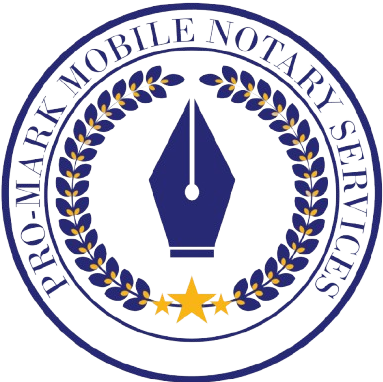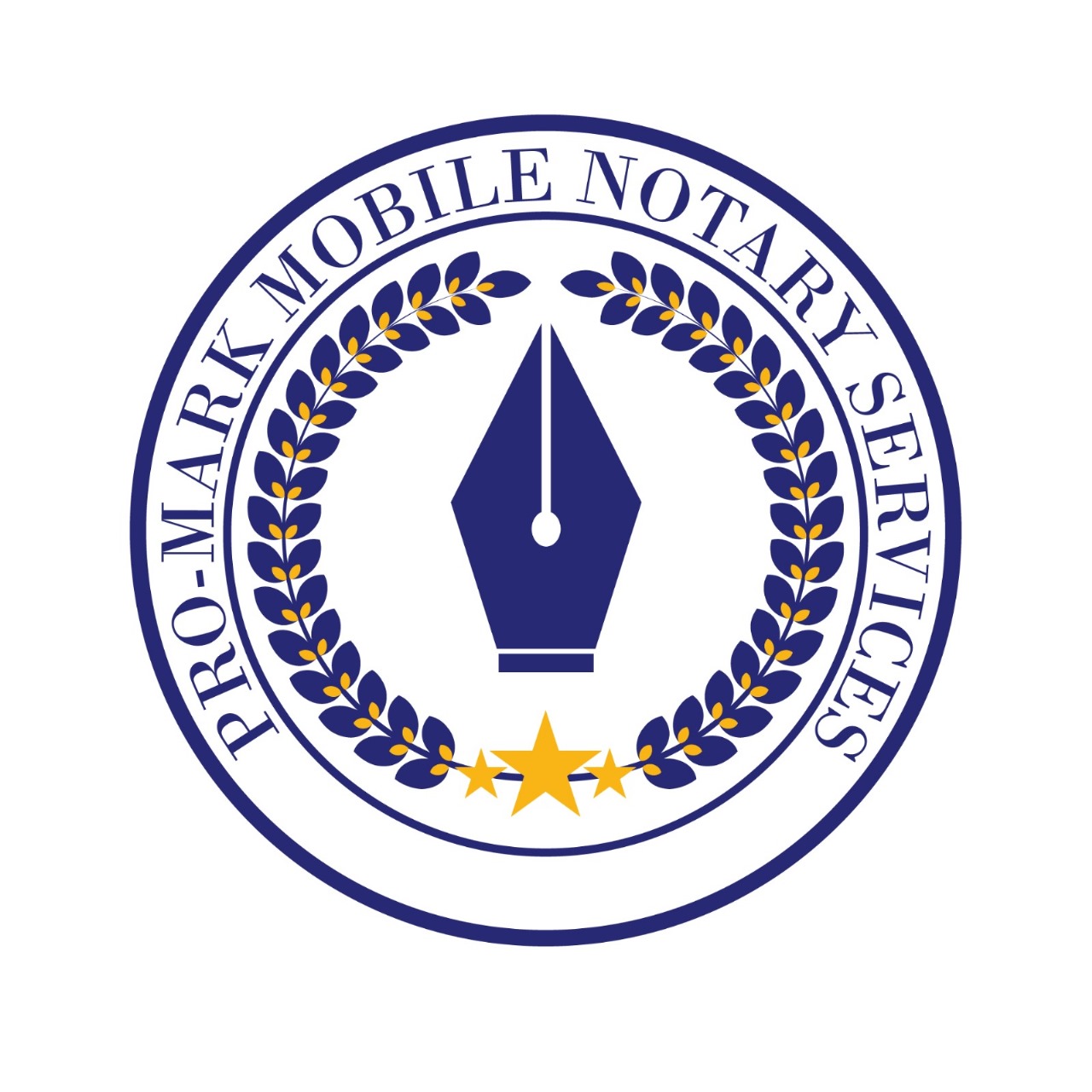Navigating legal documents can be challenging for anyone, but for individuals with physical disabilities, the process may require additional considerations. Whether it’s signing a Power of Attorney, a will, or any other important document, physically disabled individuals have the same legal rights as anyone else when it comes to notarization. However, ensuring accessibility, understanding, and compliance with Minnesota notary laws is key.
In this article, we’ll explore how a physically disabled person can sign a notarized document in Minnesota, what alternatives are available if traditional signing is not possible, and how notaries can assist in upholding the signer’s intent with dignity and care. In such cases, having an experienced notary who understands these unique needs can make all the difference.



Understanding the Basics: What Is a Notarized Document?
A notarized document is any legal document that has been verified and signed in the presence of a licensed notary public. The notary’s role is to confirm the identity of the signer, ensure that they are signing voluntarily and with full understanding, and then affix their official seal.
For most people, the notarization process is straightforward: present ID, sign the document, and you’re done. However, for individuals who are physically unable to write, hold a pen, or move their limbs due to a disability, the process can require thoughtful adjustments to ensure their legal rights are fully respected.
Does Minnesota Law Allow Physically Disabled Individuals to Sign?
Yes. Minnesota law recognizes that not all individuals are physically able to sign in the traditional manner. The law provides several legally acceptable alternatives to accommodate such individuals, provided that the signer is of sound mind and can clearly express their intent to sign.
Common Alternatives to a Traditional Signature
Here are some ways a physically disabled person can legally “sign” a document:
1. Signature by Mark
A simple “X” or other mark can be used as a legal signature. This is often used by individuals who may not have full control of their motor skills. A notary must witness this mark.
2. Signature by Proxy
If a person is completely unable to move their hands or arms, they may direct another person to sign the document on their behalf. This process is called “signature by proxy” or “signature by direction.” It must be explicitly directed and witnessed by a notary, along with a clear acknowledgment that the signature was made on the signer’s instruction.
3. Assistive Technology
For individuals who use assistive devices like electronic signature pads, voice-controlled devices, or eye-tracking tools, these can also be considered valid forms of signing if properly witnessed and verified.
The Role of the Notary Public
The notary public plays a critical role in ensuring that the physically disabled person is not being coerced and fully understands the contents of the document. In cases involving physical disability, the notary may take extra steps such as:
-
- Asking clarifying questions to confirm comprehension
-
- Documenting the form of the signature (e.g., mark, proxy, or device)
-
- Noting any accommodations made
These additional steps help strengthen the validity of the notarized document in the eyes of the law and reduce the risk of future disputes.
What If the Signer Is Also Visually or Hearing Impaired?
If the individual is both physically and visually or hearing impaired, further accommodations might be needed. These may include:
-
- Reading the document aloud
-
- Providing a large-print version
-
- Using an interpreter or communication aid
Minnesota notaries are encouraged to ensure accessibility for all signers. Working with a mobile notary who understands these unique needs can make the entire process smoother and more respectful.
Mobile Notary Services for Physically Disabled Individuals
One of the most practical solutions for notarizing documents for someone who is physically disabled is to use a mobile notary service. Mobile notaries travel to the signer’s location—whether that’s a home, hospital, assisted living facility, or rehabilitation center—and bring all the tools necessary to make the experience accessible and secure.
Mobile notaries trained to handle special circumstances often come equipped with experience, empathy, and the flexibility required to manage sensitive cases like these.
If you or a loved one is in need of mobile notary services in Minnesota and would prefer a personalized approach that respects your needs and comfort, Pro-Mark Mobile Notary Services can help. You can reach them directly at 612-670-7651 or email prutzen@promarksigning.com.
Important Tips When Preparing for Notarization
Here are a few tips to ensure a smooth notarization process for someone with physical disabilities:
-
- Communicate in advance: Let the notary know about the signer’s condition ahead of time so they can make necessary preparations.
-
- Bring ID: A valid form of identification is still required for the notary to verify the signer’s identity
-
- Document everything. Make notes or ask the notary to add a brief statement in the certificate explaining how the signature was obtained.
Why Accommodating All Signers Matters
The ability to sign legal documents is a fundamental right that should be accessible to everyone, regardless of physical ability. Notaries who recognize the importance of inclusion ensure that every individual’s voice is heard and respected in the eyes of the law.
Providing dignified and thoughtful notarization for physically disabled individuals is not only a legal obligation, it’s a moral one.



FAQs
1. Can a notary sign on behalf of a disabled person?
No. A notary public cannot sign a document on behalf of a signer, even if directed to. However, another individual (not the notary) may sign on the person’s behalf under their clear direction and in the notary’s presence.
2. Is a signature by mark legally valid in Minnesota?
Yes. A signature by mark (such as an “X”) is legally recognized in Minnesota if it is made voluntarily and witnessed by a notary.
3. What documents can a physically disabled person notarize?
A physically disabled person can sign and notarize the same range of documents as anyone else—wills, powers of attorney, affidavits, healthcare directives, and more—provided they are of sound mind and understand what they are signing.


